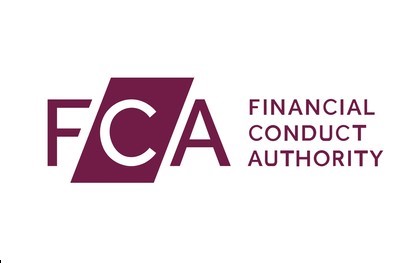Employers should "rise to the challenge" when undertaking member consultations to ensure that potential pension scheme changes are being properly communicated with members, Gallagher has said.
In its report, Pension Change Consultation: Turning Legal Requirement into an Engagement Opportunity, Gallagher emphasised that it is “critical” that consultations are done right to achieve successful scheme changes and maintain credibility.
In particular, the provider suggested that employers work “in a spirit of co-operation” with employees to consider the interests of both sides, noting that many employees will assume that business reasons will be driving scheme change, regardless of feedback.
Given the requirement for consultations to last a minimum of 60 days, the firm emphasised the need for regular communications and reminders to ensure members have the opportunity to digest the information shared with them and provide "meaningful feedback".
It also stressed the importance of carefully considering the feedback received, and building credibility with members through any subsequent communications, stressing that these should be "as transparent as possible" about the views shared.
Gallagher Employee Communication Practice managing director, Roger Hattam, commented: “It is critical that we get this right – not just technically and legally, but to ensure members and employees have real clarity about what the change in question means for them, their families and their futures.
“In pensions, change can take many forms; each with one thing in common – a consultation that lasts a minimum of 60 days.
“What we communicate during that period has an impact on members for perhaps 30-40 years of their lives, so making sure it is right and understood is our moral responsibility.
“This is about ensuring that consultants have a compelling content strategy in place and that you continue to share regular information and updates.
“And because of the way that different people react to change, adjustments to strategy will probably need to be made as the process progresses – because when consultants start to think strategically, we start to understand the audience and their needs. It’s then that we are able to set clear goals while thinking about our long-term objectives.”
Latest News
-
Govt urged to prioritise pension policy stability in Spring Statement
-
Just Group underlying operating profit falls by 39%
-
Employers warned modest pension defaults risk worsening adequacy gap
-
Aegon updates modelling tool to help members benchmark retirement needs
-
News in brief - 27 February 2026
-
PPF levy to remain at zero for 2026/27
Private markets – a growing presence within UK DC
Laura Blows discusses the role of private market investment within DC schemes with Aviva Director of Investments, Maiyuresh Rajah
The DB pension landscape
Pensions Age speaks to BlackRock managing director and head of its DB relationship management team, Andrew Reid, about the DB pensions landscape
Podcast: From pension pot to flexible income for life

Podcast: Who matters most in pensions?

In the latest Pensions Age podcast, Francesca Fabrizi speaks to Capita Pension Solutions global practice leader & chief revenue officer, Stuart Heatley, about who matters most in pensions and how to best meet their needs
© 2019 Perspective Publishing Privacy & Cookies










Recent Stories